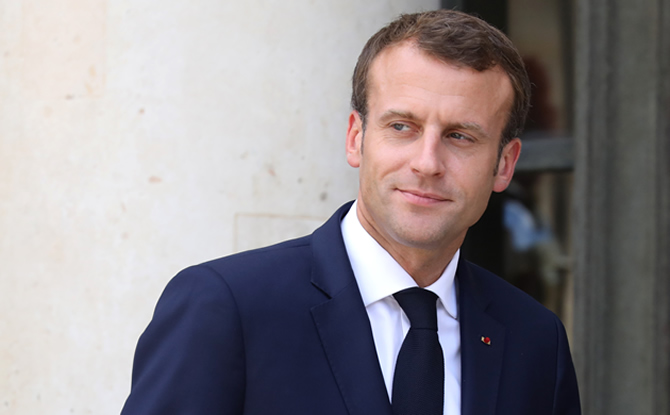France advocates for the prominence of the French language in the European Union and opposes the exclusive use of English in applications for EU positions.
A related complaint lodged with the European Court of Justice is poised to reach a pivotal stage this Thursday, as the oral hearing takes place in Luxembourg.
France is criticizing what it perceives as ‘unjustified unequal treatment based on language,’ specifically pointing out that certain tests in certain domains are exclusively administered in English.”
“The European Union’s duty to preserve the richness of its cultural and linguistic diversity and to ensure the protection and development of Europe’s cultural heritage has been violated,” the complaint says.
If these language practices were to be standardized across all application procedures, as per French diplomatic circles, English could emerge as the sole favored language in the foreseeable future.
This contradicts their commitment to multilingualism, making the matter emotionally charged for France.
“France’s problem is that we have gone from a situation in which French was the international language to one in which it no longer is,” political scientist Christian Lequesne told DPA.


